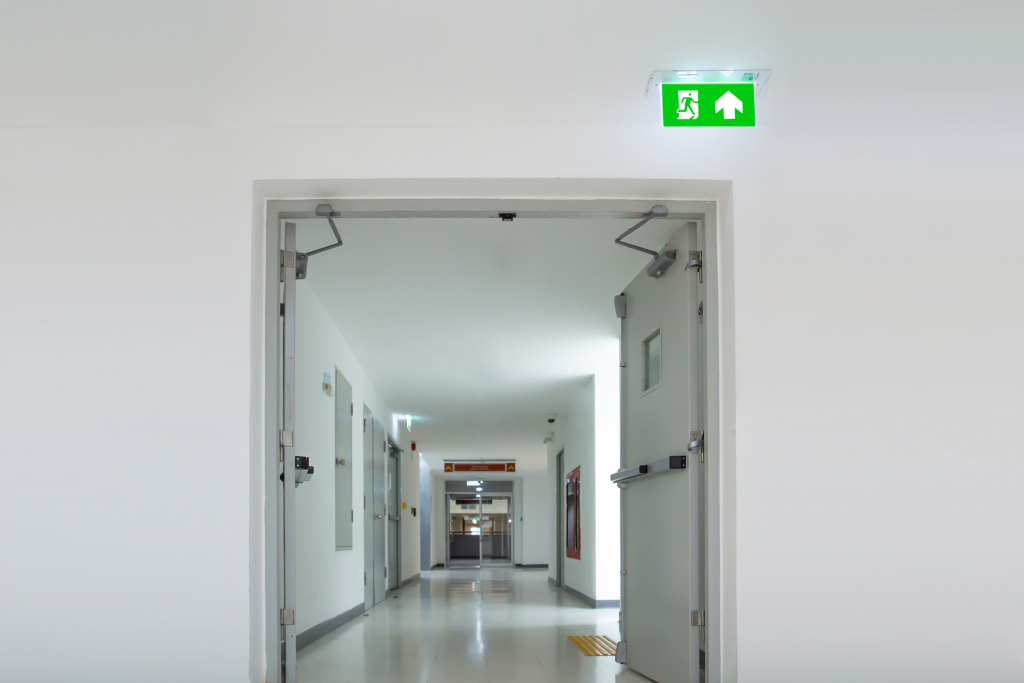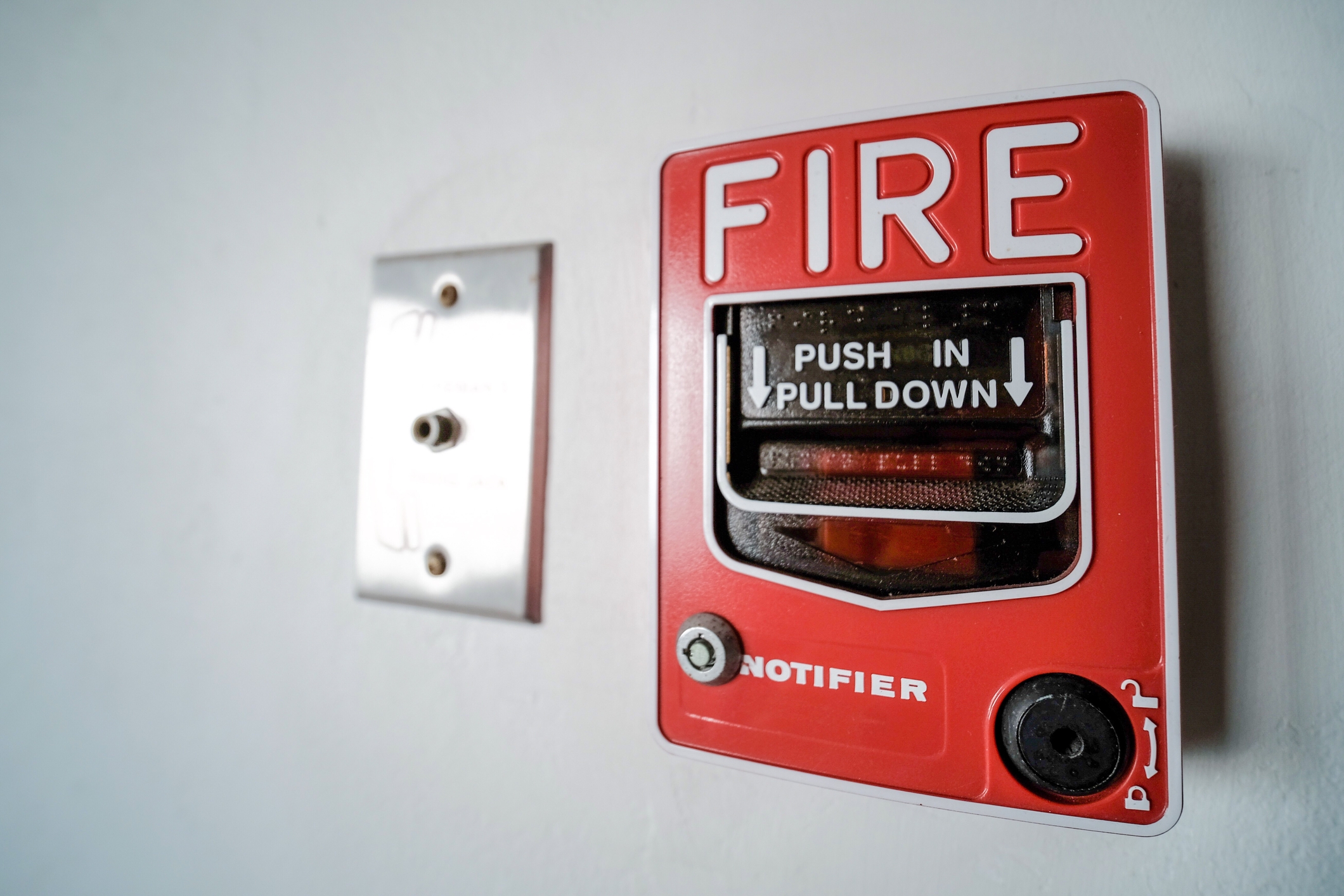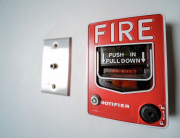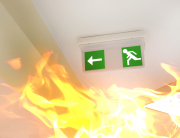It’s incredibly important to ensure that your fire alarm is always in perfect working order. It can save you money on property damage if a fire is caught early and it’s essential to save lives.
Most businesses will have a fire alarm test scheduled regularly, but this can become a ‘tick box’ exercise and complacency comes at a high price. The truth is, that most people don’t feel confident enough in their fire alarm’s ability and feel that not testing it can save them some paperwork.
If you’re unsure where to start, Northants Fire’s fire safety specialists based in Northamptonshire can provide high-quality fire alarms and guidance on proper care and testing. But in the meantime, here’s why you should test your fire alarm weekly.

Weekly Fire Alarm Test Guide
Testing your fire alarm weekly is an essential task within any business. You need to ensure that the siren is loud enough for everyone to hear and can be heard in all areas of the building to ensure your employees all make it out safely. Testing infrequently could mean that an error isn’t flagged up and this could be extremely dangerous.
Most business owners dread fire alarm testing, purely because they associate them with fire drills. A fire alarm test just needs to be a 2-minute exercise each week (preferably at different times of the day each week to ensure there are no bugs in the system). You can inform your employees of this ahead of time and there’s no need to conduct an evacuation.
To ensure you’re carrying out the fire alarm test efficiently, there are a few things that you’ll need to consider:
- Put the system in test
Your fire alarm system will have a ‘test’ and ‘non-test’ mode. If your alarm is connected to an external company that will be informed of the trigger when it goes off, you’ll need to put the alarm in ‘test’ mode before doing your test. Otherwise, you may end up unintentionally alerting the fire brigade.
- Check that the panel has registered the correct zone
When your fire alarm triggers, there will be a panel next to the alarm system that shows the zone that it was triggered in initially. When there’s a real fire, this will flag up where the fire started. When testing, you can set the alarm to flag to a specific fire zone – the staff room for example. The panel next to your main system should flag the exact zone that you’ve set it to.
- Log every fire alarm test
Always keep a record of every fire alarm test that you do, including any issues, the time, date, and zone that you set it to. This is a legal requirement in any business and it’s something the fire brigade will check on if they choose to conduct a spot check.
- Carry out your weekly testing during normal working hours
Always conduct your fire alarm test during your standard working hours. The test is specifically designed to raise any issues with the alarm and ensure that everyone within the building can hear it. If you do this outside your working hours to minimise the disruption, it completely defeats the point of the test.
- Report any issues to your fire alarm maintenance provider
If you do notice any problems with your weekly fire alarm test, you should report them to your fire alarm provider as soon as possible. This ensures that it can be rectified, ensuring that the building is safe for your employees.
Top Tip: Don’t be the only person who knows how to do the weekly fire alarm test
One of the biggest issues, especially in small businesses, is those single points of failure. You should appoint a small team of fire wardens whose job is to test the fire alarm weekly. Don’t be the only person who knows how to do this. If you’re on holiday or sick, this massively increases the risk of a fire causing serious damage or harm.
Contact Us
For more support on your fire alarm, call us on 01604 760600 or get in contact by filling in this form.






